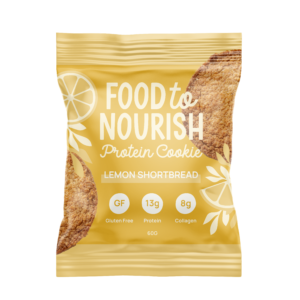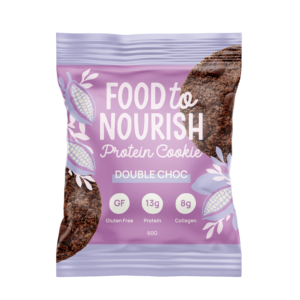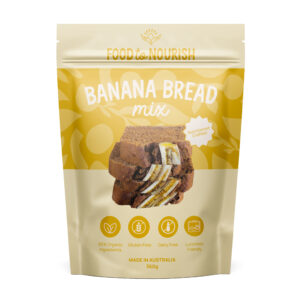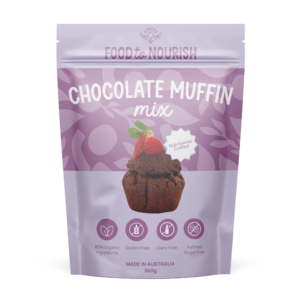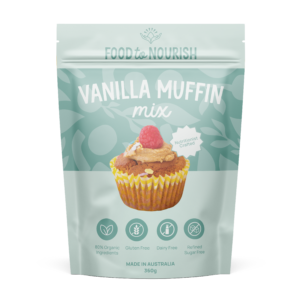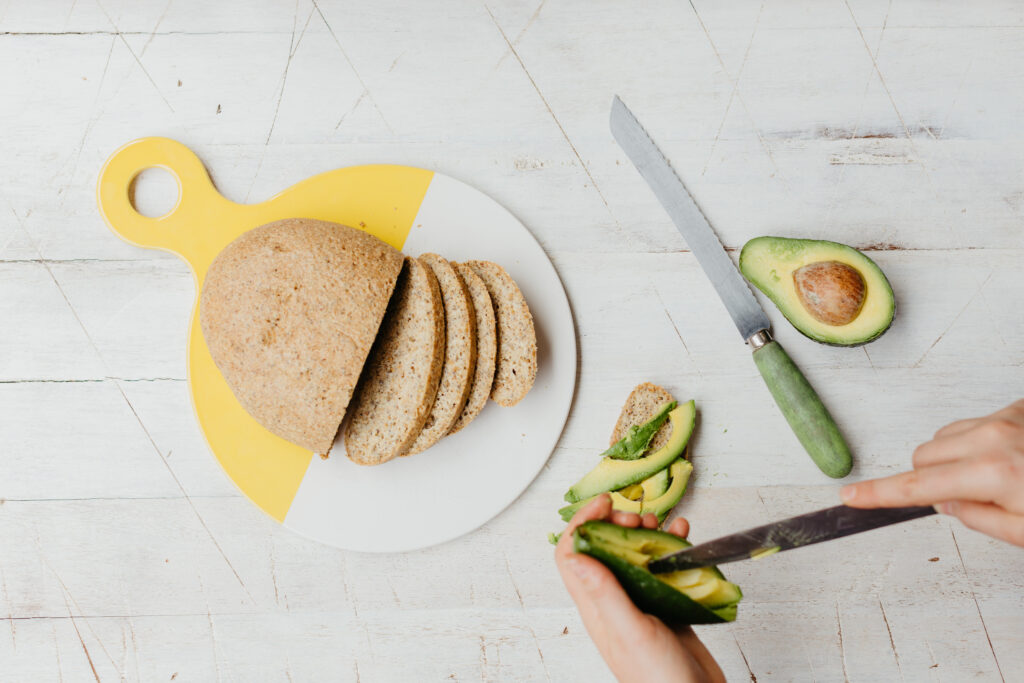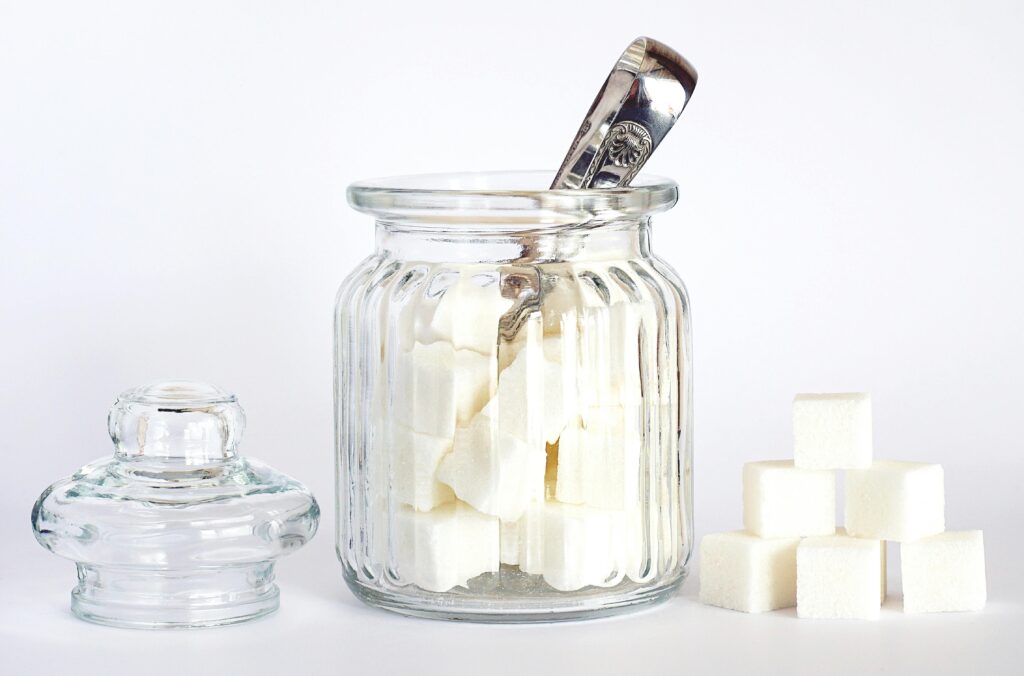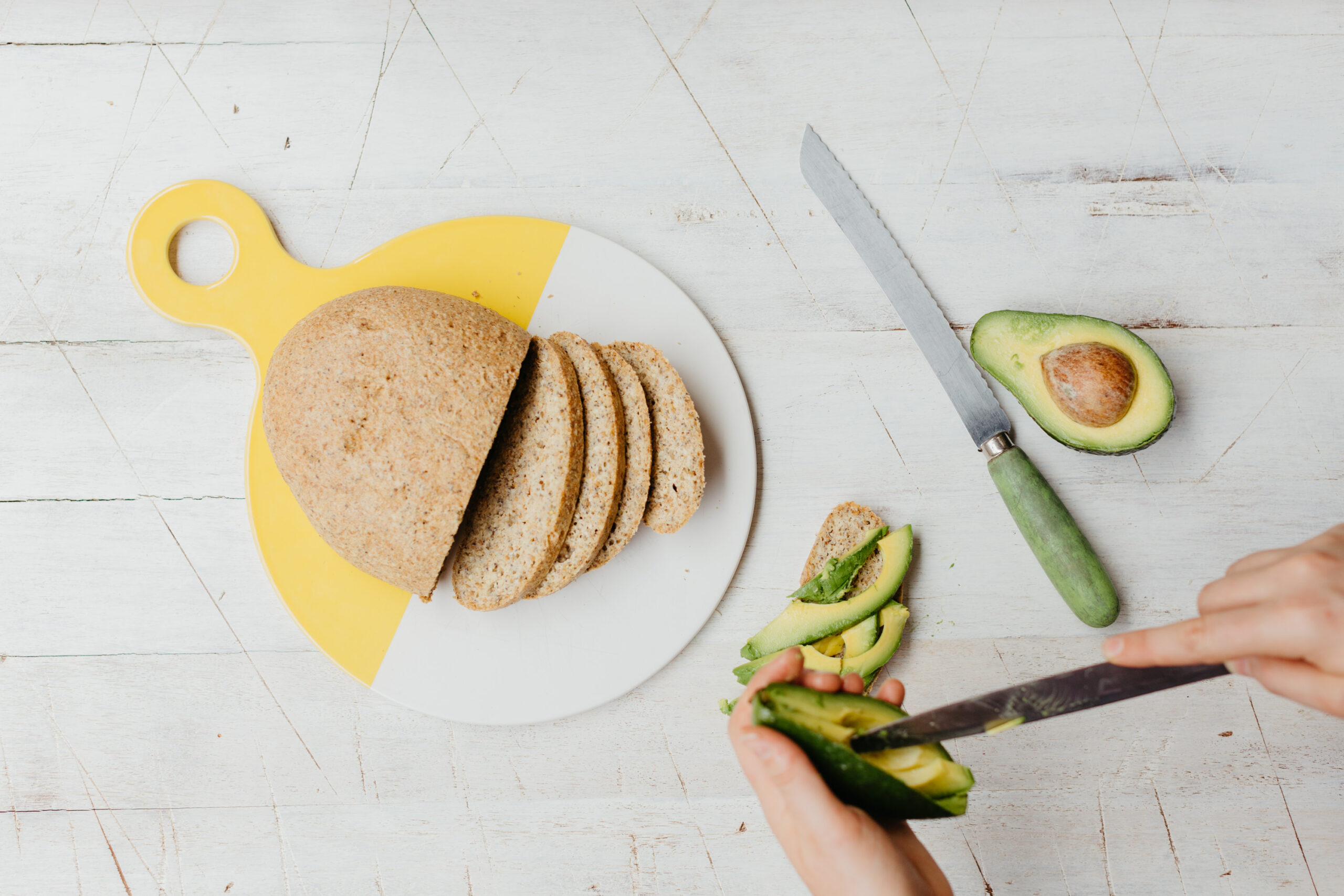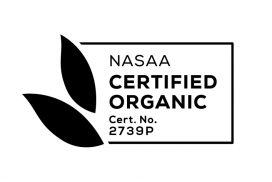Gut health has become somewhat of a buzz word over the last few years and for good reason. The gut lays the foundation of our health and wellbeing! It influences digestion, nutrient absorption, immune function and impacts our mood.
Did you know:
- Our gut bacteria help mediate our immune function. Our gut houses the bulk of our immune system, as much as 80%! In fact, our guts contain more immune cells than anywhere else in the body.
- 90% of the body’s serotonin is produced in the gut. Serotonin is our feel-good hormone that makes us feel happy. We are beginning to realize that the health of our guts and the eco-system of bacteria that live in our guts have a direct effect on depression.
- The bacteria in our large intestine play an important role in producing vitamin B12, which is then absorbed through the gut lining.
- There is a communication network that runs between your gut and your brain. This gut-brain connection is not only physically connected by the vagus nerve, but also connected biochemically.
What are factors in today’s diet and lifestyle that impact our gut health?
There are several different things we may do or eat each day that have an impact on our gut health. Especially the following:
- Frequent antibiotic use
- Alcohol consumption
- High sugar consumption
- Stress
- Diet low in fiber, fruits and vegetables
- Diet low in fermented foods
- Diet high in processed foods
- Gastric infections
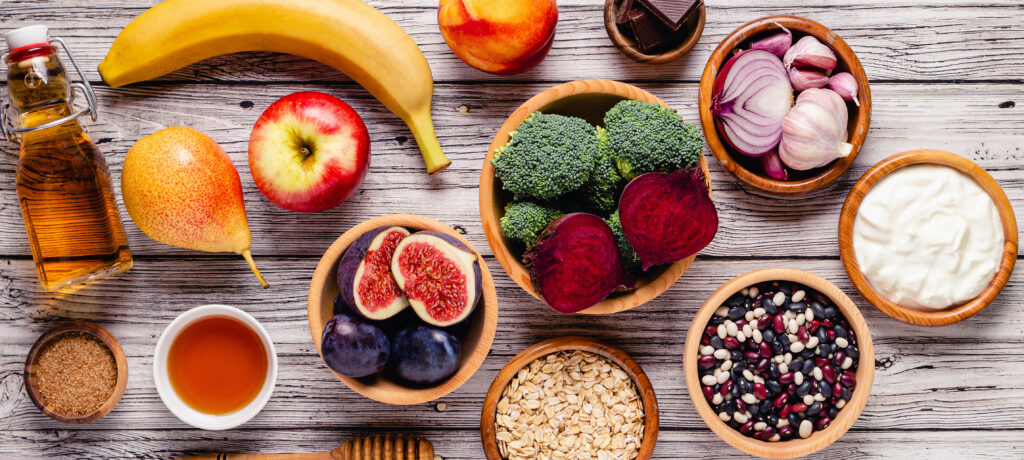
How can you improve your gut health?
To quote Giulia Enders:
“Every day we live and every meal we eat we influence the great microbial organ inside us – for better or for worse”
At Food to Nourish we understand the importance of a happy gut, so we have included gut healthy ingredients in our products such as psyllium husk, almonds, ginger, blueberries and flaxseeds.
You can also:
- Incorporate more fermented foods into your diet, such as yoghurt, kefir, cultured vegetables and kombucha. These fermented foods will help populate your gut with probiotics or good gut bacteria. Make sure the cultured vegetables have not been pasteurized and still contain all of the beneficial bacteria.
- Eat more fruits and vegetables! This will provide your gut with prebiotic fibres which your good gut bacteria will use as a food source. Vegetables particularly high in prebiotics include artichoke, garlic, onion, leek, beetroot, fennel, snow peas and sweetcorn. Fruits high in prebiotics include apples, watermelon, grapefruit, pomegranate and peaches.
- Consume wholegrains over refined grains and if possible consume fermented grains, such as sourdough bread.
- Consume more meat stocks and broths which are a rich source of collagen, which is fantastic for gut and liver health.
- Incorporate more spices into your diet, such as garlic, turmeric and ginger. These are anti-inflammatory spices that also combat harmful bacteria in the gut.
- Minimise your consumption of refined sugar, alcohol and processed foods.
- Reduce stress in your lifestyle and minimise the impact of that stress with exercise and meditation.
For foods that aid in great gut health, we recommend trying the Hibiscus, Lemon and Blueberry Sprouted Botanical Clusters, Paleo Seeded Bread Mix and our Protein Cookies



